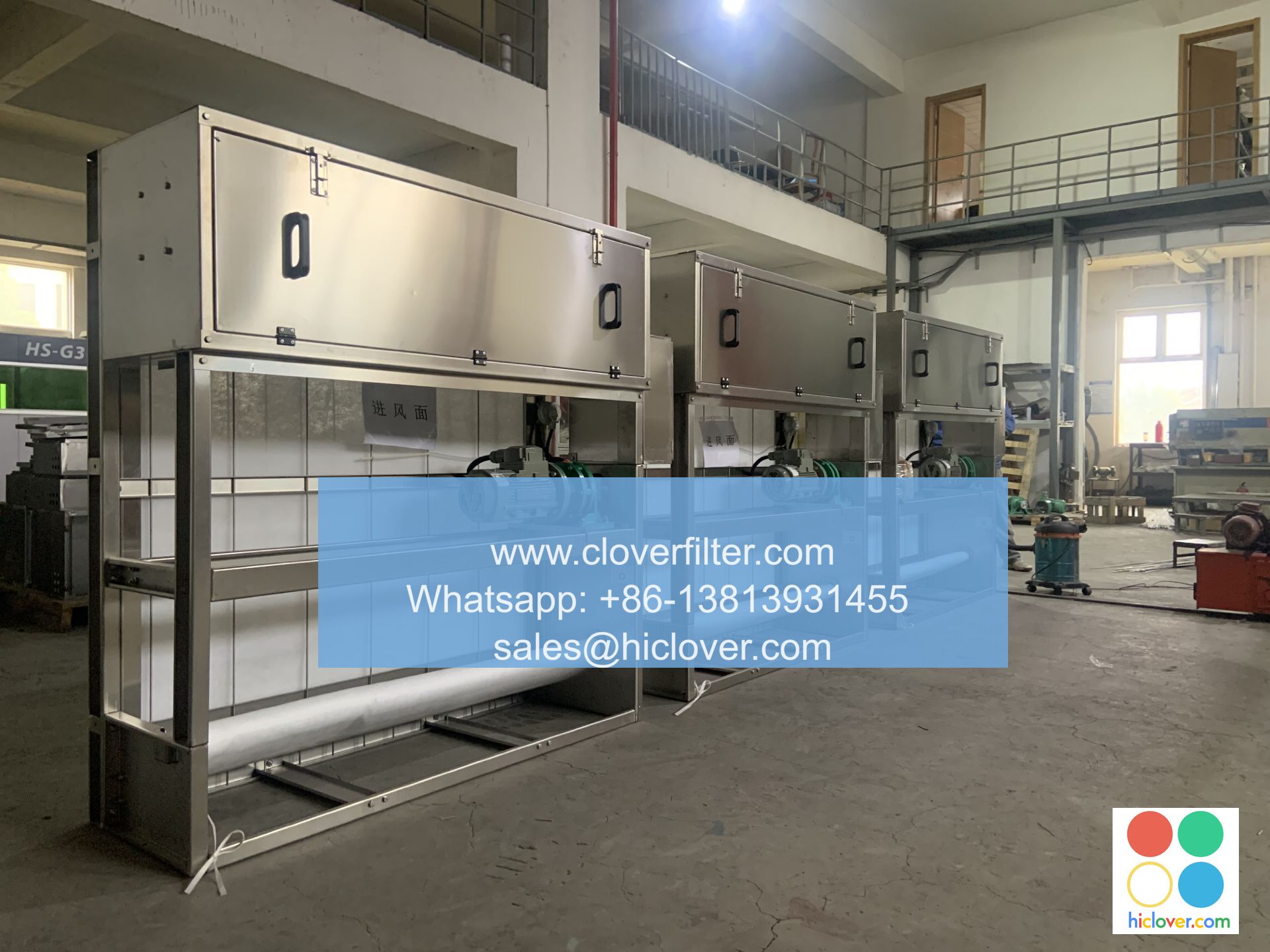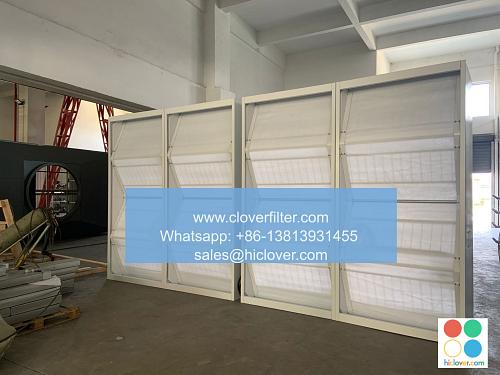The Impact of Air Filter Dimensions on Air Purification Efficiency

The Impact of Air Filter Dimensions on Air Purification Efficiency
Introduction
Air purification has become a crucial aspect of modern living, with many homes, offices, and industries relying on air purifiers to remove pollutants and allergens from the air. However, the efficiency of air purification systems can be significantly impacted by the dimensions of the air filter used. In this article, we will explore the impact of air filter dimensions on air purification efficiency and highlight various application areas where accurate filter selection is critical.
Air Filter Dimensions and Their Impact on Efficiency
Air filters come in a range of sizes, shapes, and materials, each with its own unique characteristics. The dimensions of an air filter, including its size, thickness, and surface area, play a crucial role in determining its effectiveness in removing pollutants and allergens from the air. Here are some key factors to consider:
- Filter size: A larger filter may be required for larger spaces or areas with high airflow rates, while a smaller filter may be sufficient for smaller areas or low-flow applications.
- Filter thickness: A thicker filter may provide better filtration performance, but may also increase pressure drop and energy consumption.
- Surface area: A larger surface area allows for more efficient filtration, but may also increase the risk of filter clogging.
- Residential Air Purification: Choosing the right air filter dimensions for a residential air purification system is critical to ensure effective removal of pollutants and allergens. For example, a family with young children or pets may require a more advanced filter with a larger surface area to capture smaller particles.
- Commercial or Industrial Air Purification: In commercial or industrial settings, accurate filter selection is critical to ensure optimal air quality and minimize the risk of equipment failure or damage. For example, a filter with a higher MERV rating may be required for areas with high levels of particulate matter.
- Healthcare Environments: In healthcare environments, the selection of air filters is critical to ensure the removal of airborne pathogens and other contaminants that can compromise patient health. For example, filters with a higher level of germicidal activity may be required in operating rooms or isolation areas.
Key Word Highlighting: Filter Size, Thickness, Surface Area, Airflow Rates, Pressure Drop, Energy Consumption
Application Areas Where Accurate Filter Selection is Critical
Conclusion
The dimensions of an air filter can have a significant impact on the efficiency of an air purification system. By considering the size, thickness, and surface area of an air filter, system designers and operators can optimize their system’s performance and ensure effective removal of pollutants and allergens. Whether in residential, commercial, or industrial settings, accurate filter selection is critical to ensure optimal air quality and minimize the risk of equipment failure or damage.
It looks like you’re ready to get started! I’m here to help with a wide range of tasks, from providing information and answering questions, to generating ideas and creating content.
What would you like to do? Do you have a specific topic in mind, or would you like me to suggest some prompt ideas? Let me know, and I’ll do my best to assist you!


